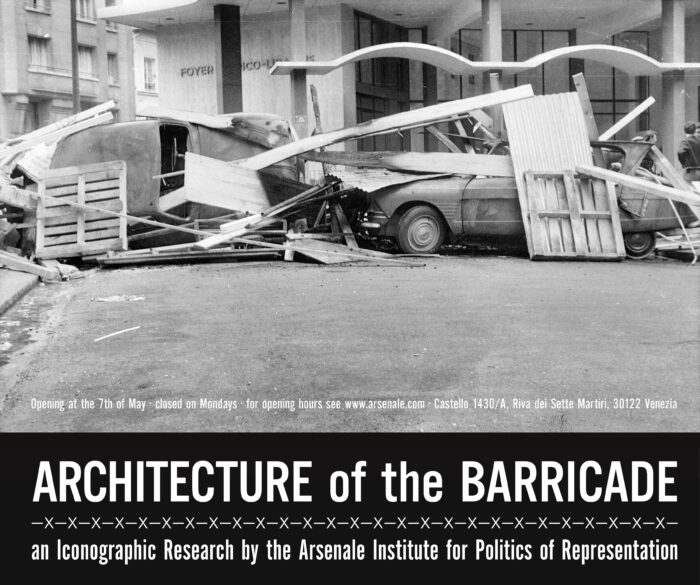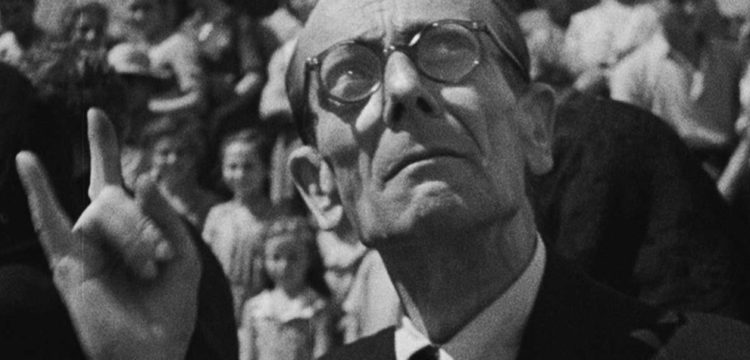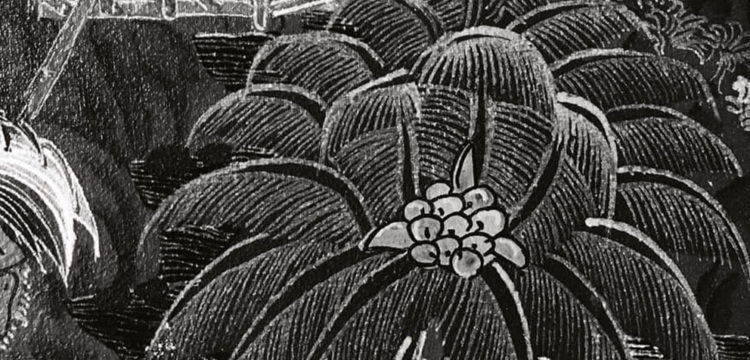Is it something I said when I lost my mind?
An interview with Dennis Cooper
I read Dennis Cooper’s George Miles Cycle for the first time when I was seventeen. I started with Try, the third novel in the cycle, and zig-zagged through them erratically. I’d watched a friend of mine exiting a building in a bodybag a few days prior. If apocalypse means revelation, that time certainly was an apocalypse for me.
At the time, I knew little to nothing about contemporary literature. I’d loved Jack Kerouac and Bret Easton Ellis, but that was about it. Even with such a little bibliography under my belt, Cooper’s books gripped me like no other. I did not have the tools at the time to understand that I was reading an “elegant stylist” and possibly “the last literary outlaw in mainstream American fiction,” as Bret Easton Ellis would have it, but I still got it somehow. They were violent books about damaged kids and their soul-splitting hunger, and they had a certain indescribable swagger to them. They read like licking broken glass, but in a very deliberate and charming way. I’ve been earnestly loving George Miles, the silent muse of all the five books of the cycle, ever since because every time I read about him he had this intractable aura that attracted the shadows of the handful of people I ever really loved and lost and all the friends that came and went for a split second and everyone else I missed if I stayed up late enough at night.
In September, Dennis Cooper published another book about George Miles. I found the courage to write him an email, mostly thanks to Thomas Moore’s sheer sweetness. We talked about his new book and about loss, love and friendship.
Enrico Monacelli: The idea that you’re a cult writer of sorts is especially true here in Italy. Your books were published in Italian, even by prestigious presses, but it was a scatter-brained and messy process. Most of the books of the George Miles Cycle were published in Italian with horribly maimed titles (Closer became the extraordinarily tacky Tutti gli amici di George, for example), together with a few of your other novels, but most of them are currently almost impossible to find. This relegated the George Miles cult to either fanaticism or oblivion. The few who read you talk about it as a formative experience, a revelation, an obsession. A real devotion. The rest mostly ignore your existence.
Given these premises, I believe there’s only one possible first question to start this interview and give everyone the chance to be on the same page: what is the George Miles cycle? And who is George Miles? Why did you write so many books just for one boy?
Dennis Cooper: The George Miles Cycle is a sequence of five interconnected novels (Closer, Frisk, Try, Guide, Period) that I wrote over the course of ten years in the 1980s and 1990s.They were written in tribute to a friend of mine named George Miles. I met George when he was 12 and I was 15, and we formed a very deep bond and were very close. He was a strange, remarkable kid, brilliant and very talented and just the sweetest person. When George was a young teenager, he began exhibiting the symptoms of a severe case of bipolar condition (which was called manic depression at the time), and he lived the rest of his life being torn apart by this, with occasional periods when medication helped to some degree. He ultimately committed suicide in 1987, although I didn’t know he was dead until ten years later just after I had published the fourth novel in the Cycle. He and I had fallen out of touch in 1985 when I lived in Amsterdam for a couple of years, and I had tried unsuccessfully to get back in touch with him for years. I wrote the novels thinking he was alive and reading them somewhere, but he had died before the first novel was even published. As for why I wrote so much for and about him, I really don’t know. He had a massive impact on me as a person and as a writer, and I guess I write about him at least partly in order to try to understand why.
Speaking of the George Miles cycle, you recently published its latest instalment, I Wished. This latest chapter is really a puzzling creature, quite different from the rest of your books about him. Many said it’s your most personal, but I’m not sure it is an entirely accurate picture. It is both your most theoretical—disincarnate, even—and your most intimate engagement with the ghost of George Miles. You strut about your hauntings weaving moments of Blanchotian, melancholic reflection on lost lovers with diaristic outbursts of pitch-black grief. It spans the whole spectrum of “love’s crippling effect on language.”
In my mind, I Wished has only one real precursor in the George Miles cycle: I apologize, the zine that Ziggy, Try’s protagonist, wrote to chronicle his abuses and the broken underworld around him. Esoterically, the parallel is there even in the title. I Wished and I apologize are not really fiction nor essays, but ways to make sense of the damage done.
What led you to write such a book now? What were your goals? Was it meant to be therapeutic, somehow? Cathartic? And how does it fit in the George Miles cycle?
First, I Wished is not part of the George Miles Cycle. I intend it as a separate book that isn’t connected to the Cycle. That’s interesting about you thinking that it’s connected to I Apologize. I think there’s some truth there, although I’ve never thought about the two as being related before. As for why I wrote it, there were a number of reasons. One thing is that I had never written a novel that used my own autobiography and displayed my personal emotions in a naked way. I had written novels that used my life in a disguised way, and obviously my emotions have informed my novels’ emotional life always, but I hadn’t tackled myself in a novel. I thought I should challenge myself and do that. And because I always try to novels that are difficult for me in some way, I decided if I was going to write about myself, I should write about something in my life and feelings that is very hard for me to think about and deal with, and that was George—him, our friendship, and his death.
I also wanted to portray George in my work in a way that was true to who he really was because the character George Miles in the Cycle did not reflect his actual life in any way. I guess I wanted the people who only knew George from the Cycle to know who he was as a person and maybe come to understand in some way why I had written those books for him. I didn’t see writing the novel as therapeutic, just as a very hard challenge to me emotionally and artistically. I can’t say that it was cathartic to write it. I think when someone you love commits suicide, there is no way to resolve that. That kind of death is permanently confusing and mysterious and haunting. So, in that sense, I don’t think writing I Wished resolved anything for me. Like I said, I Wished is not part of the Cycle.
I think if one reads it knowing the Cycle, it brings something more to the reading experience, but I think it’s totally possible to read the novel with full effect without having read or even knowing about the Cycle. I think if a reader thinks when I mention the Cycle in the novel that it’s as fictional as, oh, Santa Claus, that’s fine.
“Nowadays experimental work in almost every form is very marginalized. People in bulk only seem to be drawn to measured experimentation that happens in a cosmetic way within already accepted forms—artsy-fartsy horror movies or textural tweaking and tough talk in otherwise mainstream Hip Hop.”
There is a sort of mantra that fans like me use to pitch the reasons why George Miles’ hooks run so deep: he is a beautiful blank slate on which Dennis Cooper and the rest of us spray violent desires and inconsolable loss. He is never really there in the books; he is the empty embodiment of our hopes and fears.
I Wished pushed this idea to the extreme. George Miles constantly morphs and shapeshifts throughout the novel. He’s not a protagonist, he’s a reflection on the act of making up stories and creating fictional characters and avatars to account for the things that would drive us insane: our lust, our violence, and the people we’ll never touch, kiss or talk to again. In the book he constantly interacts with other empty characters we use to make sense of our life, like Santa Claus and John Wayne Gacy.
Since it is such an enormous question in I Wished let me ask you: what, in your opinion, is the role of fiction in our life? Why should we keep these ghosts alive? Is it an exorcism or an act of love?
I really resist thinking about things in a general way. So questions about the role of fiction in life and why we do things are hard for me. I distrust generalisations. I’m an anarchist by philosophy, so I guess my resistance is part of that. I feel like I can only speak for myself, and I guess I see fiction as material to use and learn from that ostensibly has no restrictions or rules or the interference that comes when things are real and, by being real, infected by the necessity to contextualise those things in contemporary politics, for instance, or via the personal negotiations that come along with material that involves actual people. With fiction, there’s no responsibility to anyone or anything. One’s relationship to fiction is as private and clean and truthful as one’s relationship to one’s own imagination, I think. Ghost-wise, I needed to write about George, so I did. Whether doing so was an act of love … ? It felt like love. But he’s dead, so what good was that love? Huge question. I guess I don’t know the answer.
Your work has often been labelled as extreme fiction. And on a very superficial level it makes sense: just the amounts of ass eating in the George Miles cycle would probably suffice for most people! Sadly, it is a label that sounds a little passé: you said many times that Frisk came out a month after American Psycho and a month before Jeffrey Dahmer’s incarceration. It came out, in other words, during a golden age of extremity, a gilded period that came to an end sometimes in the recent past. Even just from my parochial, Italian perspective, it is pretty obvious that extreme literature and extreme culture in general is not doing great. In the wake of Pasolini, Bava and Lenzi stand a lot of essays about extreme culture and various shades of moralistic and trite.
What do you think about the state of extremity in our contemporary cultural landscape? Is there, in your opinion, any hope? Or is I Wished part of a collective swan song of sorts?
There’s always hope. I’m a very optimistic person, and it’s just logical. No state is ever a permanent state, i.e. history. The time that I wrote the Cycle novels was a different time culturally. There is still a vogue for the experimental, for one thing. In films to some degree, in popular music as played out in, say, lo-fi indie rock or the early electronic music that fuelled Rave culture, and in fiction too. Smart, discerning people were interested in being challenged by art at that time for whatever reason. Nowadays experimental work in almost every form is very marginalised. People in bulk only seem to be drawn to measured experimentation that happens in a cosmetic way within already accepted forms—artsy-fartsy horror movies or textural tweaking and tough talk in otherwise mainstream Hip Hop. There’s plenty of daring work being made, it’s just hard to find out there amidst the glut of faux-exciting work. But I think that’ll change. People will get bored of the same old thing. People always do.
One of the characteristics of your books which I often found fascinating is their musical references. For example, Ziggy’s I apologize took its name from the Husker Du song, who were a sort of phantasmatic character narrating the plot from outside the scene with their tracks, together with Slayer and Sonic Youth. But the examples could be many, and they would be all equally crucial to the experience of your previous books.
In a sense, I Wished is exceptionally barren in this regard. The only musical character that stuck out to me is a brief, chilling portrait of Nick Drake in his dying days. What were you listening to when you wrote I Wished? Is there an album or a band that characterizes it for you?
I don’t think there was any particular music that informed I Wished. For one thing, I started writing the novel about 9 years ago and then put it away and didn’t work on it for 4 years and then returned to finish it. So it wasn’t written in one burst where I could trace the music I was thinking about. I think it’s probably not as influenced by music as my other books. The Nick Drake references are there because George was so attached to his music. Mostly in the recent years when I was writing the novel, I’ve listened to noise and experimental music, lots of random tracks and albums rather than any single work or artist that I was fascinated by and studying in particular.
Lastly, a question about the future of the George Miles Extended Universe: is I Wished really a finale? Will we read about George Miles again? Is it over?
On the one hand, I don’t know what else I could write about George. In that sense, I don’t expect to write another book about him. You never know, of course, but I think not. He always informs my work in a deep way, so that might continue, but not in a sense where he and his influence would necessarily be visible to readers. But I don’t have a plan or set of rules about that. I always start from scratch when I write a new novel, and anything is always possible.





